AT&T Telecommunications Line Retrieval Project in Crawford and Richland Counties
It is important that the questions detailed and the full scope of the project are made clear to landowners.
Read MoreWater, and the ability to remove it, is extremely important to Ohio farmers. Ohio farmers are often encountering issues with the water on their property, either having too much because of excessive rain or too little because of weather conditions. Ohio’s water law is somewhat limited, so here are five tips to help you understand how water law works in Ohio:
1. Ohio follows the “reasonable use” legal doctrine for water, drainage and subsurface water disputes. This doctrine states that a landowner may make reasonable use of their land, even though the flow of waters could be altered and cause harm. The landowner does not have liability for that harm unless the harm is deemed unreasonable.
2. In almost all cases, water disputes must be solved through cooperation or civil litigation. A judge may be necessary to decide whether any harm caused by a landowner’s action was reasonable or unreasonable.
3. There are two processes farmers can use to accomplish group drainage projects. Both processes involve a landowner filing a petition, either with the Soil and Water Conservation District or the county commissioners. In both cases, the county commissioners have the choice to levy assessments to cover the costs of installing the drainage improvements.
4. Each county is directed to create a ditch maintenance fund, which is to be used exclusively for the upkeep, repair and maintenance of any drainage improvements constructed through either of the petition processes.
5. Landowners may also consider developing drainage projects privately, in cooperation with other affected neighbors. These arrangements should be accompanied by written agreements to ensure all parties understand their responsibilities as they pertain to the costs and upkeep of the drainage infrastructure.
More Landowner Information
For further explanation of these tips and other information on other topics impacting landowners, Ohio Farm Bureau members can log in and download the Ohio Landowner Toolkit. Not a member? Join today!
Also, listen to Legal with Leah, a podcast featuring Ohio Farm Bureau Associate General Counsel Leah Curtis discussing topics impacting landowners.
Editor’s Note: This article was reviewed for accuracy in March 2025.
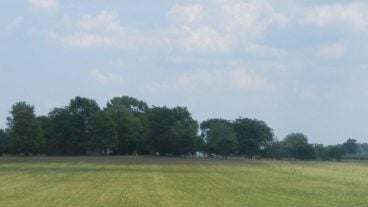
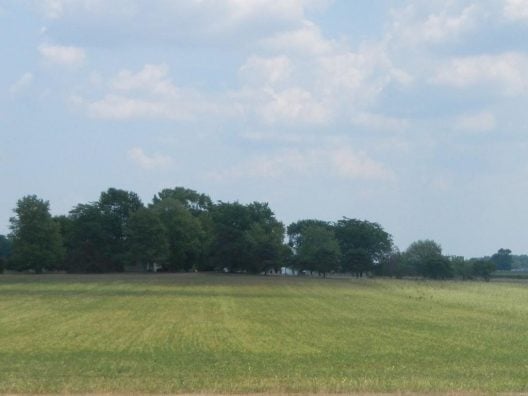
It is important that the questions detailed and the full scope of the project are made clear to landowners.
Read More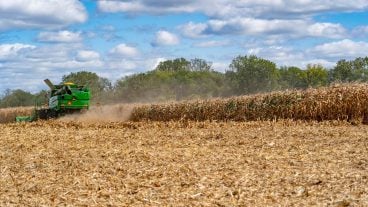
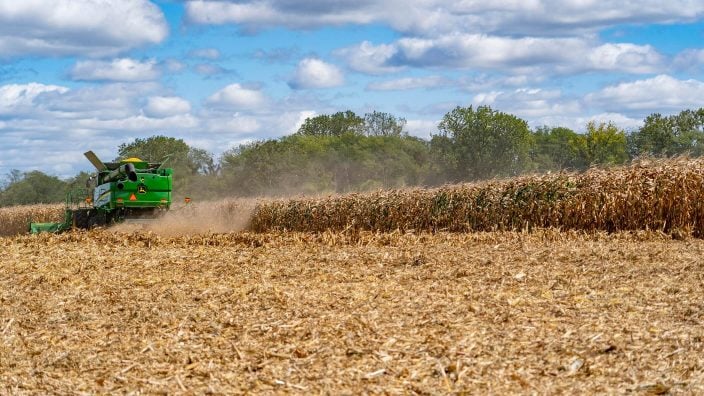
Ohio Farm Bureau provides discussion topics that may help members generate policy suggestions and local programming for the county Farm Bureau.
Read More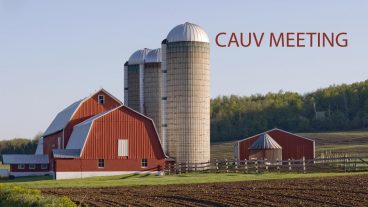
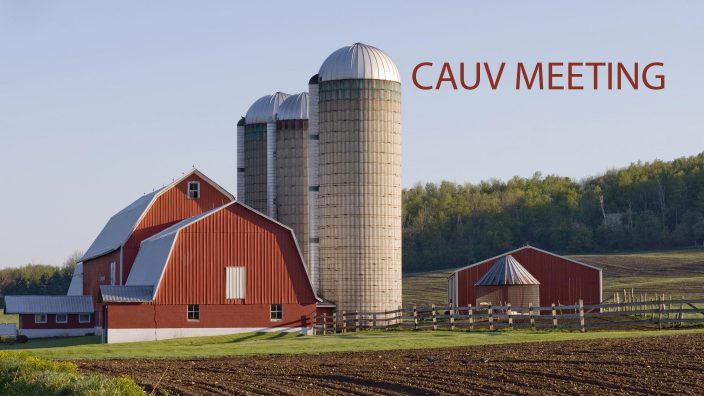
Lucas County Auditor to hold CAUV meetings throughout the month of September.
Read More

Ohio has some specific rules and regulations around open burning. What you can burn and where?
Read More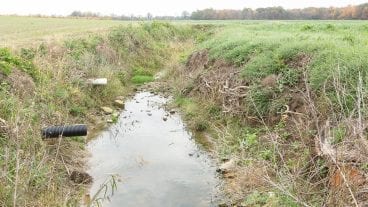
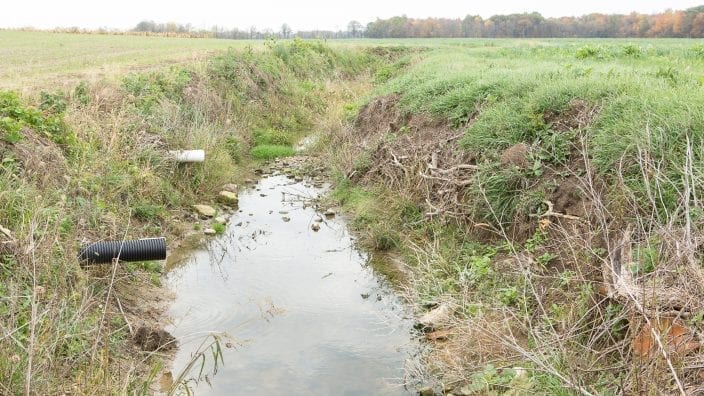
Water, and the ability to remove it, is extremely important to Ohio farmers. Ohio’s water law is somewhat limited, so Ohio Farm Bureau gives five tips to help you understand how water law works in Ohio.
Read More

Important statutory protections limit the reach of local zoning to agricultural land in certain circumstances. Here are a few things to know about zoning and land use.
Read More